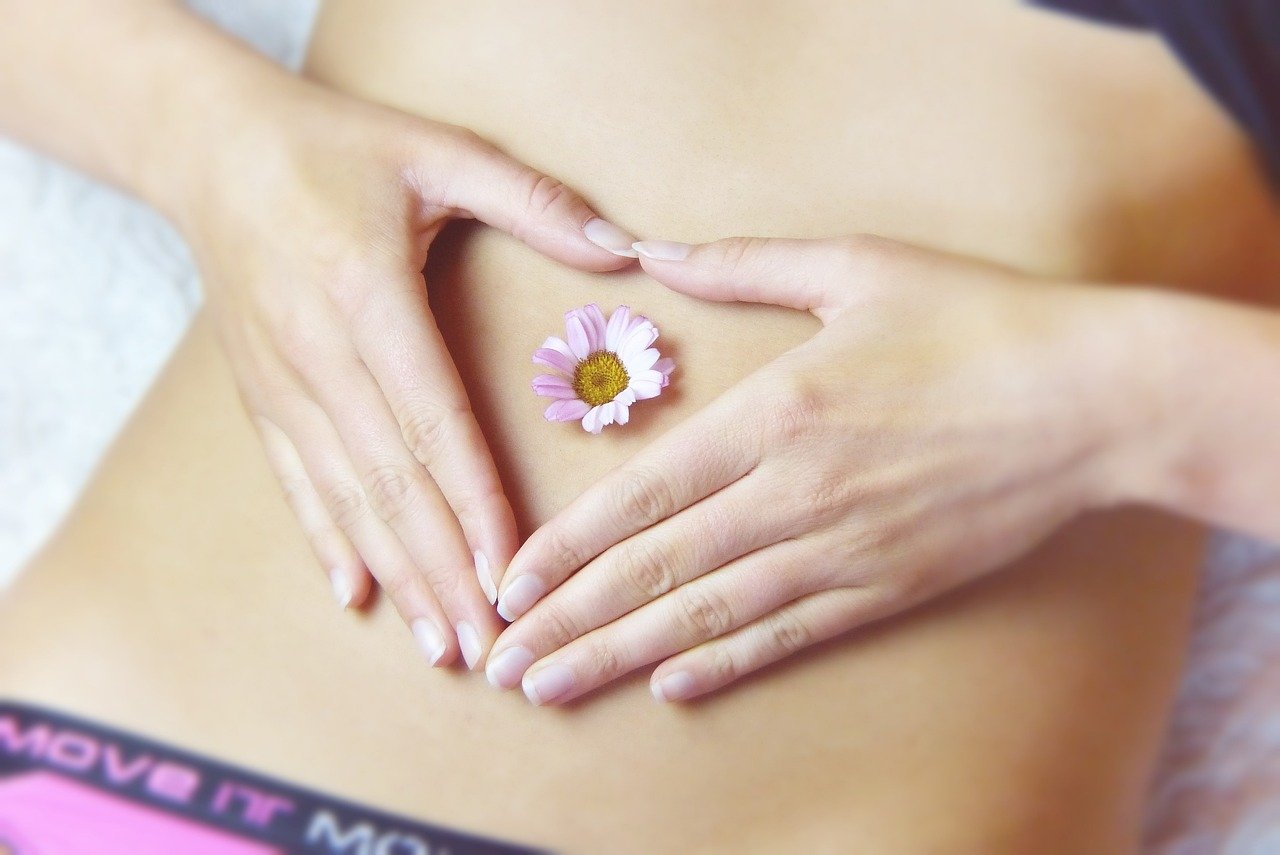In our article “Exercise to Boost Immune System,” we will explore the correlation between physical activity and immune health. As a website dedicated to promoting overall health and wellness, we believe it is important to highlight the benefits of exercise on strengthening the immune system. Regular exercise has been shown to improve immune function by increasing circulation, reducing inflammation, and promoting the production of antibodies. By incorporating exercise into your daily routine, you can boost your body’s ability to fight off infections and stay healthy.
Have you ever wondered how exercise can boost your immune system?

This image is property of pixabay.com.
Importance of Exercise for Immune System Health
Regular physical activity plays a crucial role in maintaining a strong immune system. It helps to improve the body’s defense mechanisms against illnesses and infections, reducing the risk of falling sick.
Benefits of Exercise for Immune System Health
Exercise has numerous benefits for the immune system, such as improving circulation, promoting healthy sleep patterns, reducing stress levels, and boosting the production of antibodies and white blood cells.
Regular physical activity also helps to flush out bacteria from the lungs and airways, reducing the risk of developing respiratory infections.
Types of Exercises to Boost Immune System
Different types of exercises can have varying effects on the immune system. It is essential to incorporate a variety of exercises into your routine to strengthen your body’s defense mechanisms effectively.
Aerobic Exercises
Aerobic exercises, such as running, cycling, and swimming, are great for improving cardiovascular health and boosting the immune system. These exercises increase blood flow, helping to circulate white blood cells and antibodies throughout the body.
Strength Training
Strength training exercises, such as weightlifting and resistance training, help to build muscle mass and strengthen bones. This type of exercise can also have a positive impact on the immune system by promoting the production of antibodies and white blood cells.
Yoga and Pilates
Yoga and Pilates are excellent low-impact exercises that focus on flexibility, balance, and core strength. These exercises can help to reduce stress levels, improve sleep quality, and boost overall immune function.
High-Intensity Interval Training (HIIT)
High-Intensity Interval Training (HIIT) involves short bursts of intense exercise followed by brief rest periods. This type of exercise has been shown to improve cardiovascular health, increase metabolism, and boost the immune system.
Best Time to Exercise for Immune System Health
While any time is a good time to exercise, some studies suggest that working out in the morning may have additional benefits for the immune system.
Morning Exercise
Exercising in the morning can help to kickstart your metabolism, improve your mood, and boost energy levels throughout the day. It also allows you to take advantage of natural light exposure, which can help regulate your circadian rhythm and improve sleep quality.
Afternoon/Evening Exercise
Exercising in the afternoon or evening can also have positive effects on the immune system. It can help to relieve stress and tension built up throughout the day, promote relaxation, and improve sleep quality.
How Much Exercise is Needed to Boost Immune System
The amount of exercise needed to boost the immune system can vary depending on individual factors such as age, fitness level, and overall health.
Guidelines for Physical Activity
According to the Centers for Disease Control and Prevention (CDC), adults should aim for at least 150 minutes of moderate-intensity aerobic exercise or 75 minutes of vigorous-intensity aerobic exercise per week, along with two days of strength training.
Listening to Your Body
It is essential to listen to your body and not overdo it when it comes to exercise. Overtraining can have negative effects on the immune system, increasing the risk of illness and injury.

This image is property of pixabay.com.
Importance of Rest and Recovery
Rest and recovery are just as crucial for immune system health as exercise itself. Proper rest allows your body to repair and rebuild muscles, reduce inflammation, and restore energy levels.
Tips for Rest and Recovery
Some tips for proper rest and recovery include getting an adequate amount of sleep each night, staying hydrated, eating a balanced diet, and practicing relaxation techniques such as meditation or deep breathing exercises.
Avoiding Overtraining
Overtraining can weaken the immune system and increase the risk of injuries. It is vital to listen to your body and take rest days when needed to prevent burnout and promote overall health and well-being.
Conclusion
Regular exercise is essential for maintaining a strong immune system and overall health. By incorporating a variety of exercises into your routine, listening to your body, and prioritizing rest and recovery, you can effectively boost your body’s defense mechanisms and reduce the risk of falling ill. Remember to consult with a healthcare professional before starting any new exercise regimen, especially if you have pre-existing health conditions or concerns.

This image is property of pixabay.com.
